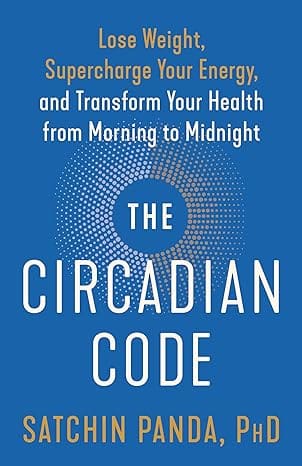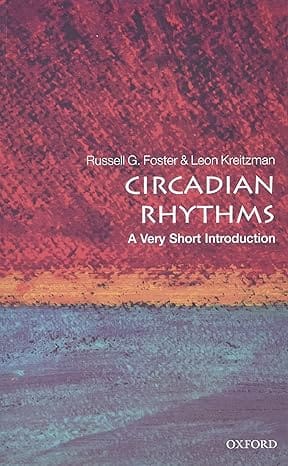Definition
The circadian rhythm is a natural, internal process that regulates the sleep-wake cycle and repeats approximately every 24 hours. It can refer to any biological process that displays an endogenous, entrainable oscillation of about 24 hours.
Expanded Explanation
The “body clock” or circadian rhythm is an internal timing system governing our daily physiological cycles. These include sleep, feeding, and body temperature. Our hypothalamus, specifically a cell group called the suprachiasmatic nucleus, controls this rhythm. However, external cues like light and temperature can also influence it. When our body clock aligns with the environment, they help optimize body functions and health. Yet, disruptions such as shift work or jet lag can cause health problems. These may include sleep disorders, obesity, and mental health issues.
Importance
The circadian rhythm is crucial as it determines our sleep patterns. The brain’s suprachiasmatic nucleus (SCN) controls the production of melatonin, a hormone that makes us sleepy. When it’s dark, it produces more melatonin, when it’s light, the production decreases. This rhythm synchronizes our body functions, like digestion and hormone production, with environmental light and darkness patterns for optimal functioning
Context and Usage
In biology, sleep medicine, and psychology, ‘circadian rhythm’ is a key term, often linked to sleep disorders, shift work, jet lag, and irregular sleep’s health impacts.
Examples
- Example 1: If a person is travelling across time zones, their body clock may be disrupted, causing jet lag.
- Example 2: Night shift workers often suffer from circadian rhythm disorders because their work schedule conflicts with the body’s natural sleep-wake cycle.
Understanding Circadian Rhythm
Many mistakenly think the environmental light solely governs this process. This isn’t the case. While light significantly influences it, circadian rhythms are endogenous. Thus, they can maintain around a 24-hour cycle, even in total darkness.
Related Glossary Terms
- Sleep-wake cycle: The circadian rhythm directly controls our sleep-wake cycle, determining our sleep and wake times.
- Jet lag: This is a condition that occurs when our circadian rhythms are disrupted due to travelling across multiple time zones.
Visual and Reading Aids
External Resources
- National Institute of General Medical Sciences: Circadian rhythms, our 24-hour biological cycles, govern vital functions like sleep, digestion, and hormone release. Disruptions, such as jet lag or night shifts, can lead to health issues including sleep disorders and obesity. In 2017, Nobel laureates Hall, Rosbash, and Young advanced our understanding of these rhythms, paving the way for improved treatments.
- Institute of Medical Psychology, Ludwig-Maximilians-University: Epidemiological studies and mutant mice research reveal a link between circadian clock disruption and various pathologies, emphasizing the importance of chrono-medicine. However, comprehensive understanding of entrainment across the body’s circadian network is needed to fully grasp how this dysregulation contributes to disease. This systematic approach will guide future research on how to treat and prevent circadian-related disorders.
Related Articles
- How to Maximize Human Energy Levels Throughout the Day: This blog post explains how understanding and managing our circadian rhythm, alongside factors like diet, exercise, and sleep, can help maximize our energy levels throughout the day.
- How To Get Improved Sleep Quality: 10 Evidence-Based Strategies: This blog post emphasizes managing your circadian rhythm and presents 10 proven strategies for optimal sleep quality enhancement.

